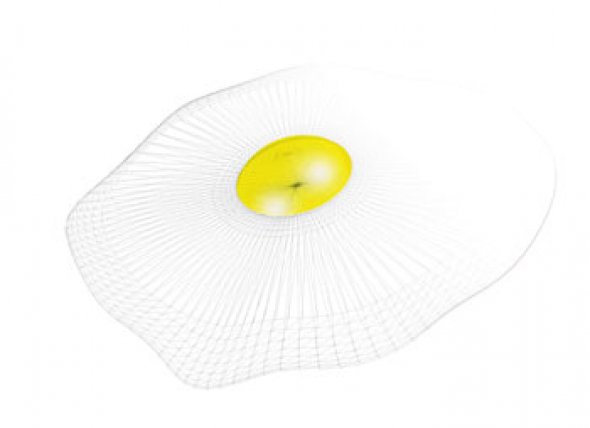Look At Me Ma, I'm Memetic
In the attention economy, the media compete aggressively for our eyeball time. Bill Thompson investigates the latest memetic strategies.
The day after John Prescott punched Craig Evans in the run up to the recent General Election, web marketing agency Panlogic [www.panlogic.co.uk] created ‘Splat the MP’, a simple game that involves throwing virtual eggs at a range of politicians. News spread largely by word-of-email, generating massive publicity for the company. There was no campaigning message in the game, but there could have been. This ability to move rapidly to capitalise on news events is one thing that any campaigning group can exploit, but it requires the ability to spot an opportunity and seize it. Combine that with slow and steady awareness building and a solid list of email addresses and you’re on the way.
We all know how quickly jokes do the rounds in the wake of a news event (especially a tragedy or a disaster). The best ones are quick off the mark, genuinely funny (or genuinely sick) and, crucially, very simple. The same applies to online promotions, whether in the form of games, visuals, jokes or email chains. Done right, these are a great way to draw attention to a site. But hitting the right note is not that easy.
Getting a joke or game to successfully spread around the web, whether in the slipstream of a news-event or by creating a stir all of its own, isn’t necessarily about blind luck. There’s an art to it. Think of it as memetic engineering; to spread thoroughly and fast, a meme needs a head that’s as sharp and barbed as possible coupled with a streamlined and frictionless body. Slow download times count as friction, as do complicated concepts or tricky execute-procedures of any kind (either human or machinic).
One way to achieve low friction is to dispense with having a body at all. You can do this by becoming totally parastic. Witness the classic site hack; with so many security flaws in Microsoft’s Web server, all you need to do is find a representative of exploitative global capitalism using a Microsoft platform and hack into their site. Put up a few banners, deface the home page and tip off the media: you’re guaranteed a mention in The Guardian and maybe even a hysterical rant from the Daily Mail. Thousands of people will flock to your campaign.
If illegal interference with other people’s sites isn’t your bag you may prefer less confrontational online tactics. These can be just as effective. Look at The Hunger Site [www.thehungersite.com], one of the pioneers of the principle, ‘I click, they donate’. The one click ‘body’ is easy and hassle-free, and the ‘barb’ is perfect: it hooks right into you the first time that you hear it – whether or not you think it’s a good idea. Lots of people slagged off the Hunger Site for being all about lazy altruism, but the Hunger Site didn’t care – the whinging just helped to spread the word, and its 101 million lazy visitors since 1999 have sent 198 million cups of food to starving people since 1999. Simple, frictionless, memorable. Result.
Bill Thompson <bill AT andfinally.com> does stuff that mostly involves computers and the Internet. He writes for various on and offline publications, appears on radio (and sometimes TV), builds websites and writes books for children on how to navigate cyberspace. He also writes and runs an email arts newsletter.
Mute Books Orders
For Mute Books distribution contact Anagram Books
contact@anagrambooks.com
For online purchases visit anagrambooks.com








